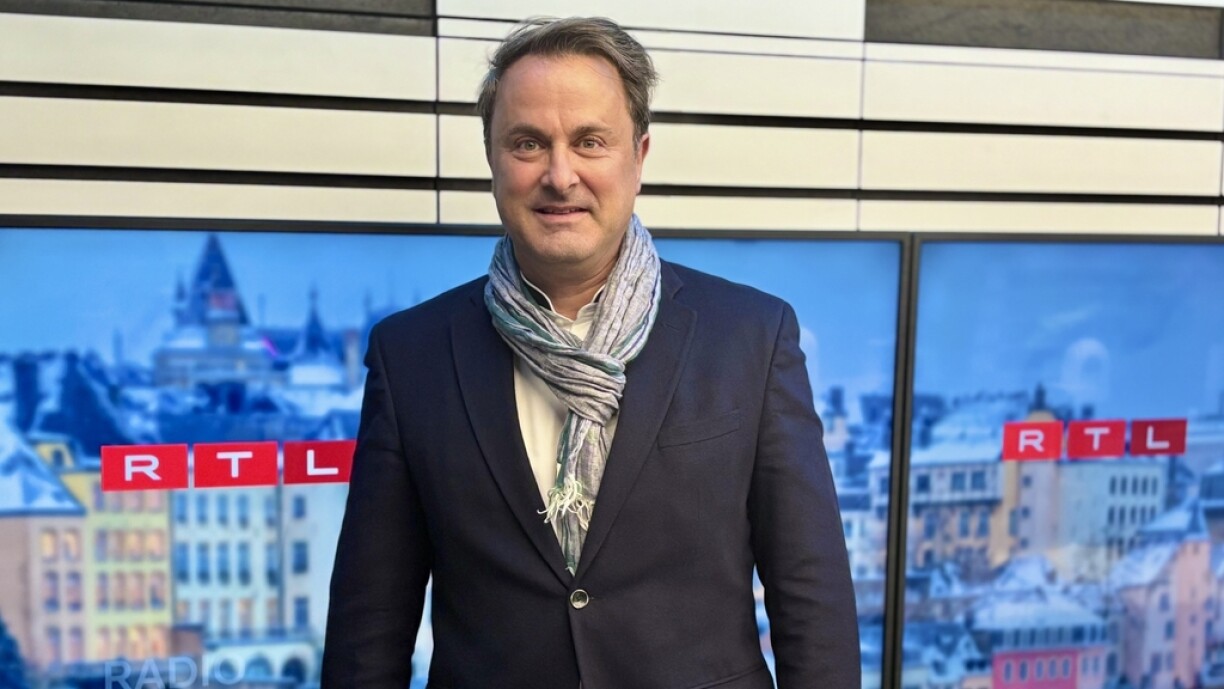
On Saturday, Minister for Foreign Affairs Xavier Bettel gave an interview to our colleagues from RTL Radio, discussing the rapidly changing global landscape and the impact of recent developments on international relations.
According to Bettel, the world is no longer experiencing a gradual evolution but is instead undergoing “brutal” changes. He highlighted concerns about US President Donald Trump’s behaviour, noting that if Trump refers to Ukrainian President Volodymyr Zelensky as a dictator simply because Trump “did not get what he wanted,” it demonstrates a level of harshness not previously seen during Trump’s first term in office.
Bettel explained that when Trump was re-elected, uncertainty was expected, and this same unpredictability is likely to persist over the next four years. However, Bettel expressed regret that it is now impossible to foresee the direction of global affairs. He warned that many longstanding pillars of international stability–such as relations with the United States, shared values among NATO allies, and the broader aspiration for global peace–are under threat.
The minister noted that while he does not wish to be overly alarmist, the current environment has become increasingly unpredictable.
Additionally, Bettel criticised Trump’s efforts to “rewrite history,” describing the US president’s statements as “simply factually untrue.” He stressed that such attempts to distort reality are “unacceptable.”
Bettel emphasised the importance of maintaining composure in response to Trump’s often provocative statements. According to Bettel, reacting to every comment made by Trump would be counterproductive, as many are designed to provoke reactions. Instead, he argued that strength lies in refusing to be drawn into provocations, staying calm, and especially ensuring unity among the 27 member states of the European Union.
However, Bettel acknowledged a lack of leadership within Europe as a significant challenge. He suggested that the functioning of the European Commission and the role of the President of the European Council should be reassessed to address this issue and strengthen the EU’s collective voice on the global stage.
Looking ahead to Monday’s Council of EU Foreign Ministers meeting, Bettel stressed that it would send the wrong message to suggest that the EU intends to sever ties with the United States. While expressing continued solidarity with Ukraine, he reiterated that the country is not ready for NATO membership due to its ongoing conflict. “A country at war has no place in NATO,” Bettel explained, adding that granting membership under such circumstances could escalate tensions further. “That would only add fuel to the fire,” he warned.
When questioned about MP Tom Weidig of the Alternative Democratic Reform Party (ADR) liking a Facebook comment calling for the extermination of the LGBTQIA+ community, Bettel spoke candidly about the personal impact the scandal had on him. He described feeling hurt by Weidig’s behaviour and emphasised that being gay is not a choice he made. Bettel highlighted the struggles faced by individuals who cannot accept or openly express their identities, underscoring the difficulty of belonging to marginalised communities worldwide.
Bettel stressed the importance of combating hate speech and protecting vulnerable groups. He noted that it is a fact that some members of the ADR appear to be shifting toward far-right ideologies, and it is the responsibility of party leader Alexandra Schoos to determine the direction of her party.